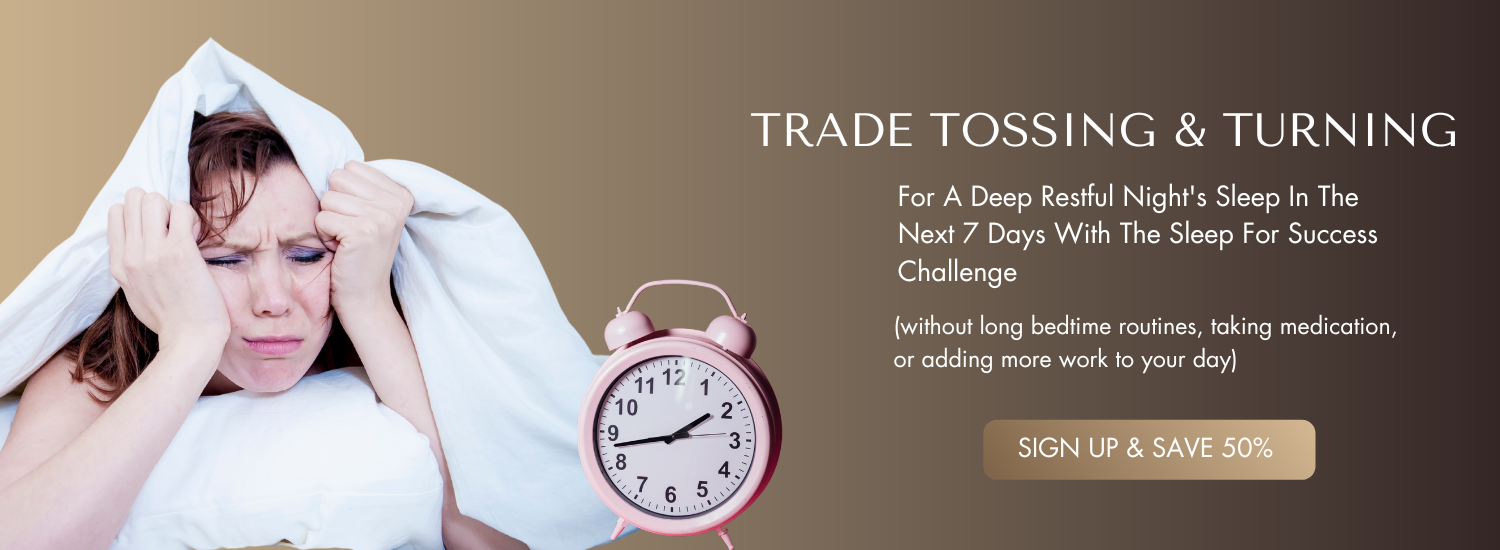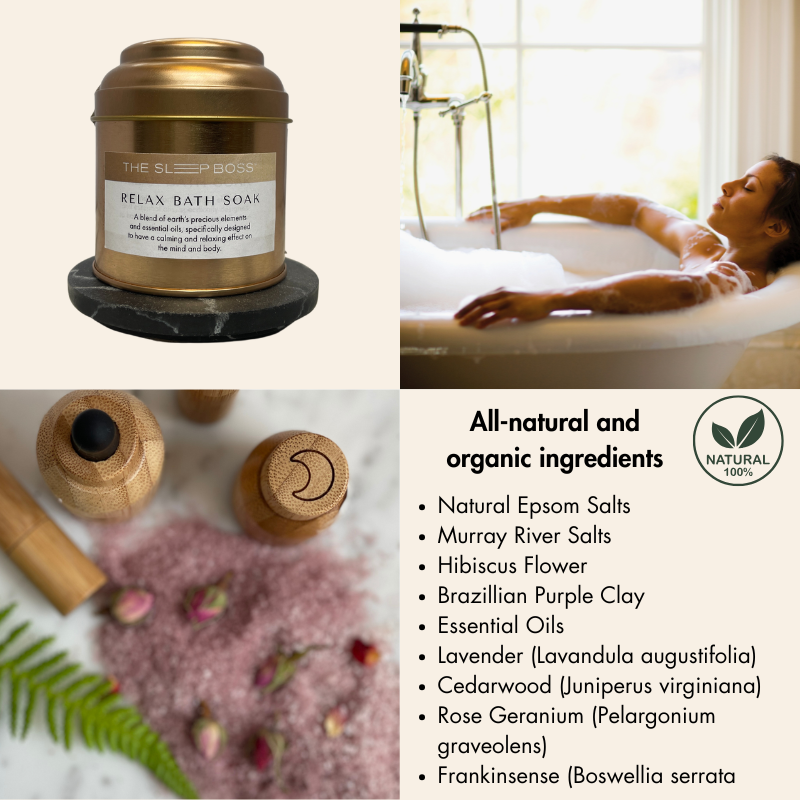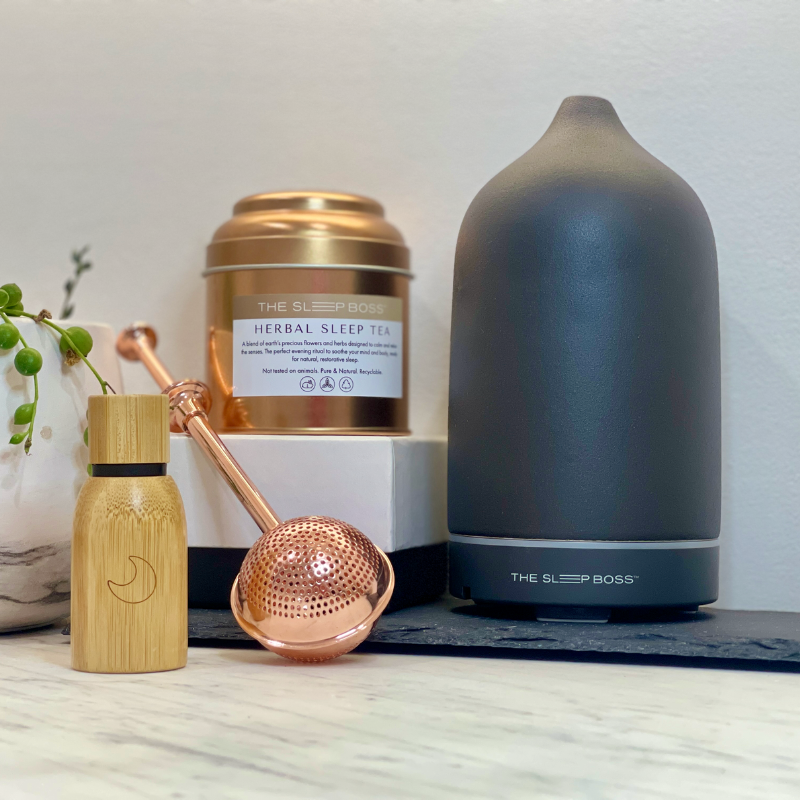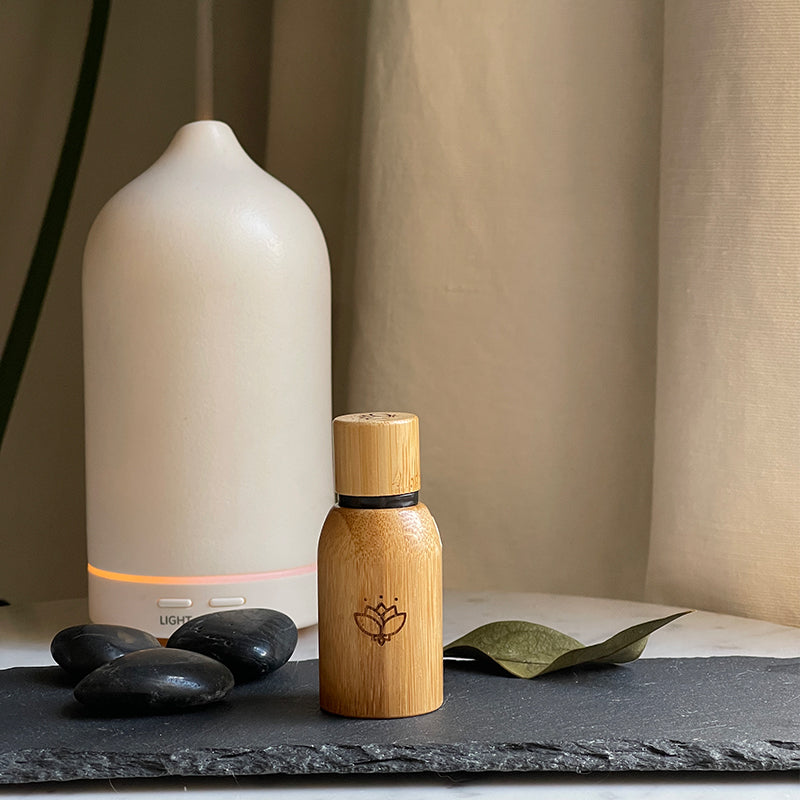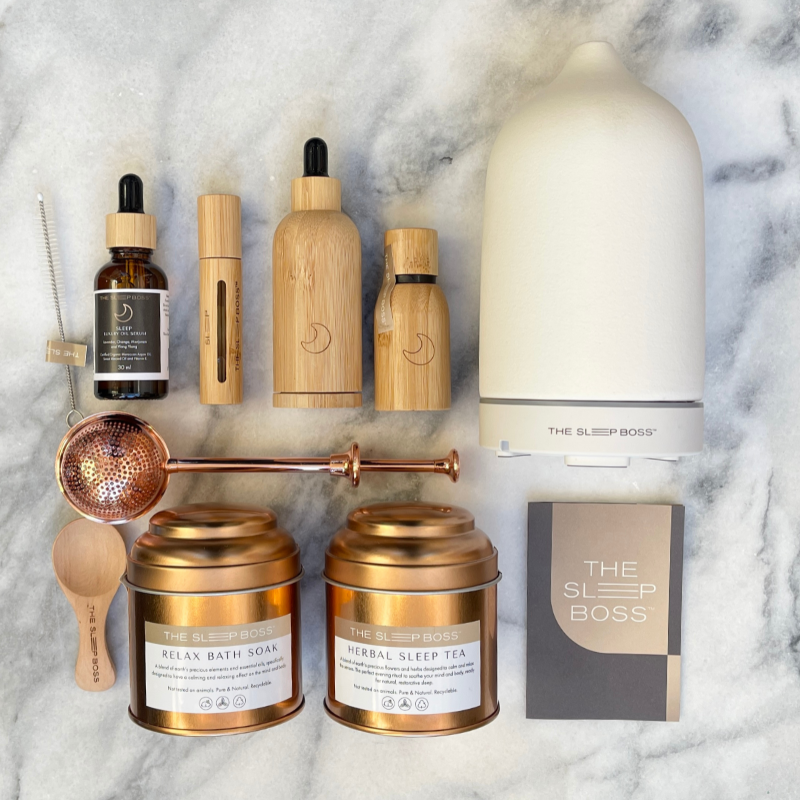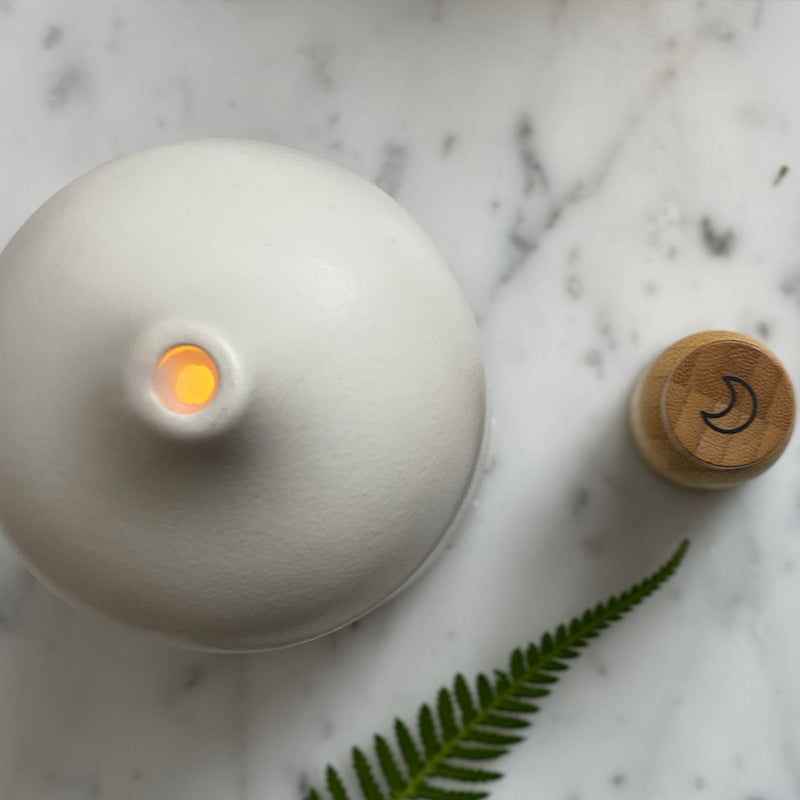
The Secret To Sleep
Secrets to Sleep: Unlocking the Hidden Secrets to a Blissful Night’s Sleep
Achieving a restful night's sleep is a universal pursuit that often eludes many. While a comfortable bed and a tranquil environment are crucial factors, there are deeper aspects of our physiology that influence our sleep patterns.
One such aspect is the vagus nerve system, which plays a significant role in regulating our body's relaxation response. Understanding the vagus nerve system and incorporating practices that support its function can pave the way for better sleep and overall well-being.
In this article, we will explore the secrets to sleep and the connection to the vagus nerve system in promoting optimal relaxation.
Before delving into intriguing facts about the vagus nerve in relation to sleep and energy, let's start at the outset by introducing this remarkable nerve and exploring the effects and methods of stimulating it.
The vagus nerve, the lengthiest among the twelve cranial nerves in your body, spans a path from the brainstem to the abdominal region. It assumes control over numerous involuntary bodily functions, encompassing the regulation of heart rate, digestion, and support for immune responses. Given its connectivity to various body parts, researchers have extensively investigated its potential associations with mental health conditions, digestive processes, and disturbances in sleep, among a myriad of other aspects.
Insomnia, a prevalent sleep disorder impacting millions globally, disrupts sleep patterns, making it challenging to initiate sleep, maintain it, or sleep through the night. This often results in daytime exhaustion, mood irregularities, and an overall diminished quality of life. While a range of treatments for insomnia exists, such as medication and therapy, scientists have been investigating an innovative avenue: vagus nerve stimulation.1
Enhancing sleep quality through natural methods often involves stimulating the vagus nerve, which plays a pivotal role in promoting relaxation and restorative sleep.
Here are five natural ways to stimulate the vagus nerve for better sleep:
-
Deep Breathing: Engage in deep, diaphragmatic breathing exercises such as the 4-7-8 technique. Inhale for a count of 4, hold for 7, and exhale for 8. This practice activates the vagus nerve, reducing stress and preparing the body for sleep.
-
Meditation and Mindfulness: Regular mindfulness meditation practices can increase vagal tone, leading to better regulation of heart rate and reduced anxiety, which are conducive to improved sleep.
-
Laughter: is not only a great stress-reliever but also activates the diaphragm and engages the vagus nerve. By watching a funny movie, spending time with friends who make you laugh, or engaging in activities that genuinely amuse you, you can trigger the vagus nerve's response, promoting relaxation and potentially leading to improved sleep quality.
-
Yoga: Specific yoga poses and practices, particularly those involving deep stretching and relaxation, can stimulate the vagus nerve. Incorporating yoga into your evening routine can prepare your body for restful sleep.
-
Intermittent Fasting: Practicing intermittent fasting, where you restrict eating to a specific window of time during the day, can positively impact vagal tone. A well-balanced fasting regimen may improve sleep by regulating digestive processes and reducing nighttime disruptions.
By incorporating these natural methods into your daily routine, you can enhance vagal tone which may, in turn, help you to achieve better sleep quality and overall well-being.
As we often remind you, one of the most important aspects of better sleep is establishing a bedtime routine.
Establish a Bedtime Routine
Creating a soothing bedtime routine can signal to your body that it is time to unwind and prepare for sleep. Treat your bedtime routine as a personal ritual, similar to what you might do for a young child. Engage in activities that promote calmness, such as taking a warm shower, practising meditation, organising your next day to avoid overthinking, enjoying a cup of chamomile tea or Sleep Tea, indulging in creative outlets like drawing, listening to calming music, or reading a book.
Start your routine at a consistent time each night to help train your body into a strong and consistent circadian rhythm, priming it for restful sleep. As part of your ritual, incorporate our Sleep Essential Oil Blend by diffusing it in your bedroom, adding a few drops to a warm bath, or applying them topically using gentle massage techniques. Let the subtle aromas envelop you, easing your mind and guiding you into a state of tranquillity.
Achieving a good night's sleep is a journey that requires attention to various aspects of our physical and mental well-being. In addition to incorporating small changes such as understanding the vagus nerve system can significantly impact our sleep patterns. By nurturing this vital part of our parasympathetic nervous system through practices that promote relaxation and reduce stress, we unlock the secrets to better sleep and awaken refreshed and rejuvenated each morning. So, embark on this journey of self-care and discover the profound benefits of a well-rested mind and body.
1. Wu, Y., Song, L., Wang, X., Li, N., Zhan, S., Rong, P., Wang, Y., & Liu, A. (2022). Transcutaneous Vagus Nerve Stimulation Could Improve the Effective Rate on the Quality of Sleep in the Treatment of Primary Insomnia: A Randomized Control Trial. Brain Sciences, 12(10). https://doi.org/10.3390/brainsci12101296













